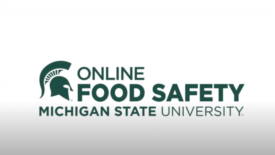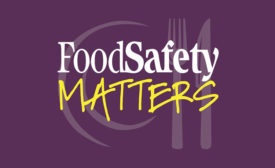Culture
A Cultural Shift: The Key to Consistent Listeria Management
Listeria outbreaks often result from failures in both food safety systems and organizational culture, leading to widespread contamination and illness
April 8, 2025
Never miss the latest news and trends driving the food safety industry
eNewsletter | Website | eMagazine
JOIN TODAY!Copyright ©2025. All Rights Reserved BNP Media.
Design, CMS, Hosting & Web Development :: ePublishing











